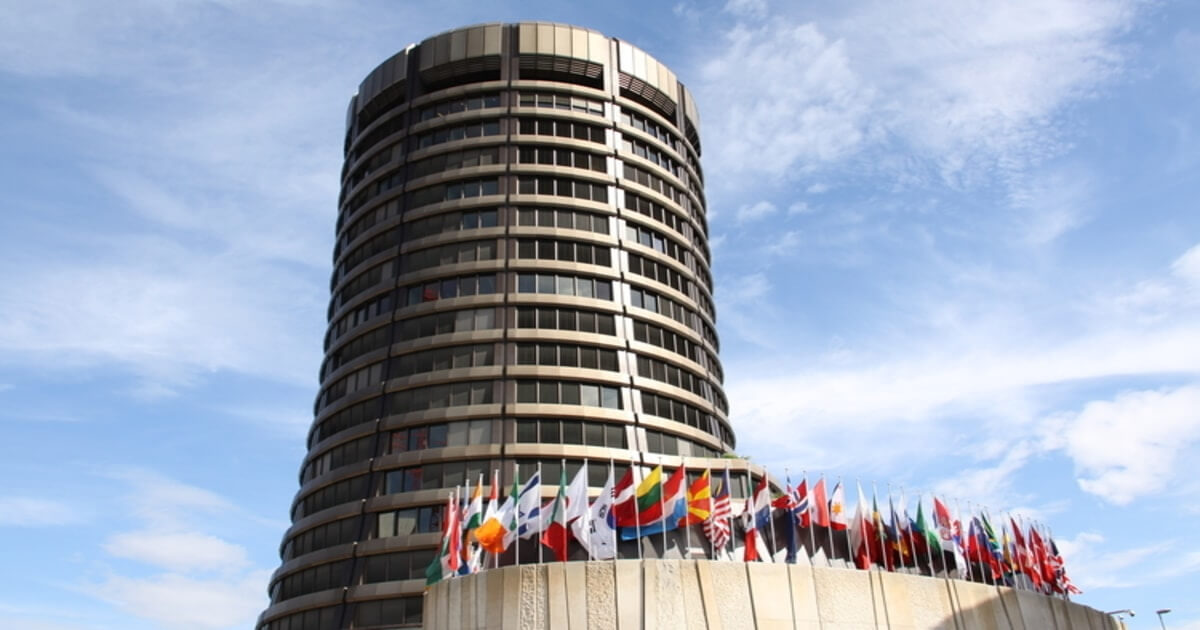Basel Committee on Banking Supervision Seeks Advice on Designing Prudential Treatment for Crypto-assets
Drishti Bhagat Dec 12, 2019 11:15
Basel Committee on Banking Supervision publishes paper going over the design for prudential treatment for crypto assets. The paper goes over areas such as risks of crypto-asset exposures, capital, and liquidity requirements, and general considerations for the prudential treatment.

The Basel Committee on Banking Supervision published a paper going over the ‘design of prudential treatment for crypto-assets.’ on Dec.12. It covers several areas such as the risks rising from crypto-asset exposures, as crypto-assets are typically volatile and considered immature due to the lack of standardization and consistent product evolution, especially during periods of financial uncertainty.
The committee has reviewed several risk factors that may be presented to banks, in the matter of crypto assets. For example, liquidity and market risks as well as credit and counterparty risks. Non-financial risks equally play a part, such as cyber and operation risks to legal risks.
The report also discussed the capital and liquidity requirements for direct holdings for crypto assets; i) Banking book treatment, refers to bank exposures to crypto-assets that are subjected to a full deduction from Common Equity Tier 1 capital; ii) Trading book treatments – with crypto-asset exposures positioned in trading books that are entitled to full deductions for market risk and credit valuations and many more.
The final parts of the report equally looked at general considerations for prudential treatment for other types of crypto assets, including crypto-assets for intra and interbank settlements and crypto-assets that use stabilization tools linked to other assets.
According to the press release, the committee is open to any comments on the analyses and ideas set out in the report from most financial institutions, by 13 March 2020.
Image via centralbanking.comImage source: Shutterstock

.jpg)